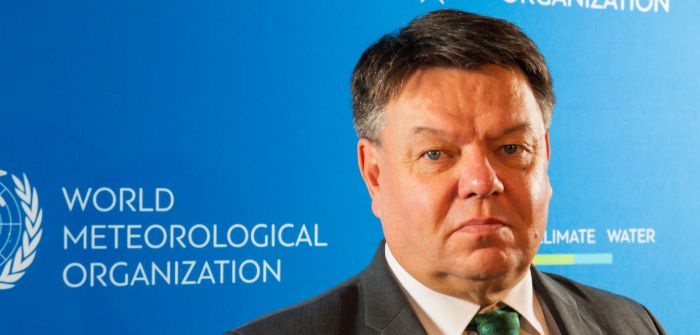The WMO’s Systematic Observations Financing Facility (SOFF) has officially begun operations, providing funding to strengthen weather and climate observations, improve early warning systems, protect livelihoods and underpin climate adaptation for long-term resilience.
SOFF is a key building block for a new initiative spearheaded by António Guterres, UN secretary-general, to ensure that early warning services reach everyone in the next five years. It looks to address the long-standing problem of missing weather and climate observations from least developed countries (LDCs) and small island developing states (SIDS).
In support of the Paris Agreement, SOFF will strengthen the international response to climate change by filling the data gaps that limit climate knowledge. These gaps impact the ability to predict and adapt to extreme weather events such as floods, droughts and heatwaves.
Guterres said, “As the climate crisis worsens, it is crucial that we boost the power of prediction for everyone so countries can reduce disaster risk. That is why we have launched an initiative to ensure that every person on Earth is protected by early warning systems within the next five years. SOFF is an essential tool to achieve this. I thank all the countries that are providing initial funding to the SOFF UN Multi-Partner Trust Fund and urge others to do the same.”
WMO, the United Nations Development Programme (UNDP) and UN Environment Programme (UNEP) legally established SOFF last year at COP26 as a UN Multi-Partner Trust Fund. The first steering committee adopted the governance structure and programming criteria, as well as a preliminary work program on how SOFF proposes to deliver support to beneficiary countries in terms of targets and planned allocation of resources for the first implementation period from July 2022 to June 2025.
The objective of SOFF is to support SIDS and LDCs through the provision of grant financing and technical assistance for the sustained collection and international exchange of surface-based weather and climate observations according to the internationally agreed Global Basic Observing Network (GBON) and to help other developing countries in assessing how to meet the GBON requirements.
Selwin Hart, special adviser to the secretary-general on climate action and just transition, said, “Early warning systems are built on the foundation of weather observation data, but this foundation is patchy to non-existent in many in LDCs and African countries. I want to congratulate all the countries that have come forward and announced or soon will announce their financial contributions to the SOFF UN Multi-Partner Trust Fund. I urge others to follow suit and help create a strong global data foundation upon which timely, accurate, people-centered early warning systems can be built for everyone. Our collective efforts are needed more than ever.”
Prof. Petteri Taalas, WMO secretary-general, added, “Today, less than 10% of required basic weather and climate observations are available from SIDS and LDCs. The world urgently needs this data and this is why SOFF will be a partnership of equals where everyone has a role and responsibilities.”
SOFF received initial financial contributions from Austria, Denmark, Finland, Iceland, Ireland, Norway, and the Nordic Development Fund.



